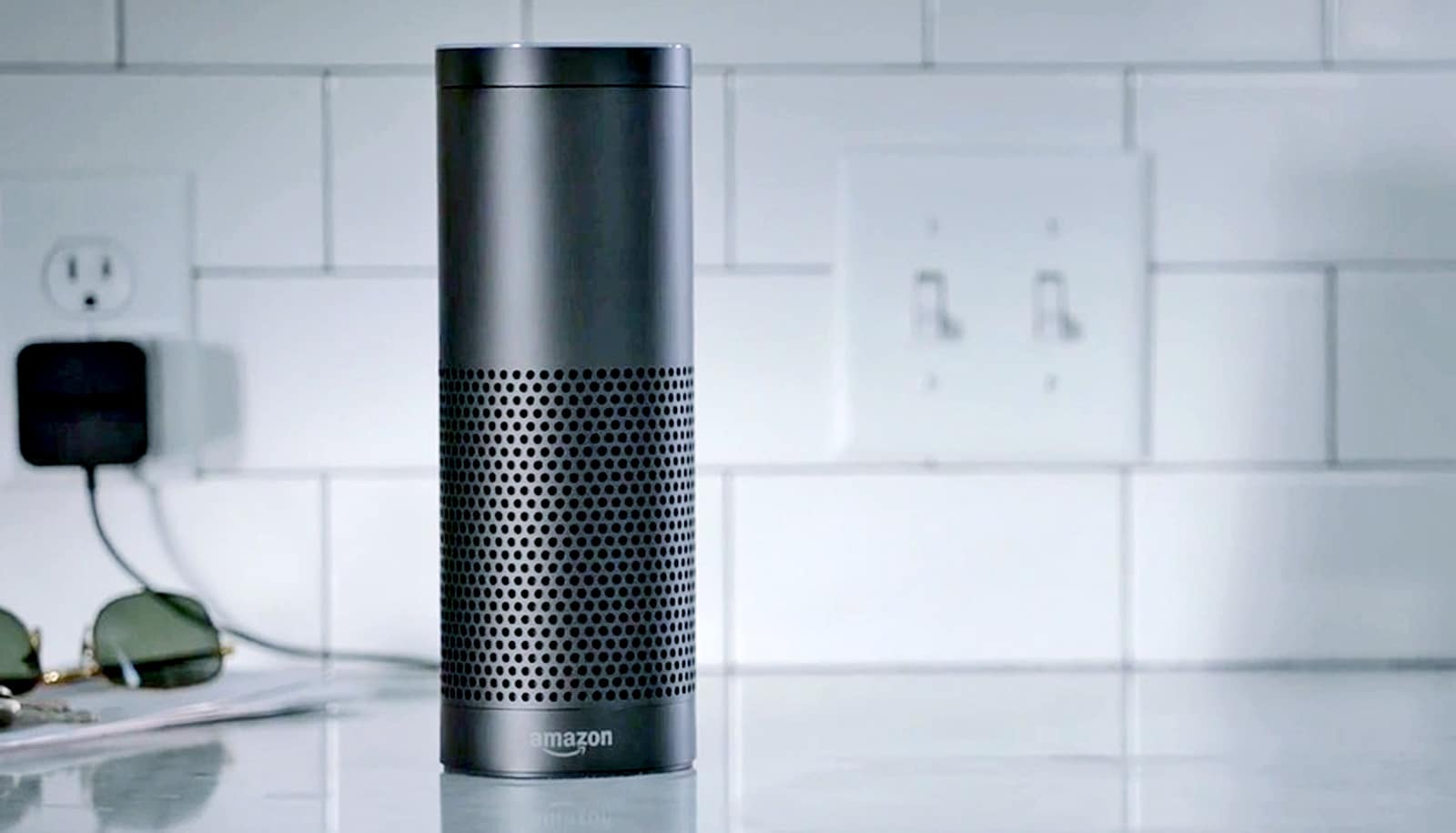
(Credit: Getty Images )
‘Heavy’ multitasking may cramp your memory
"The word 'multitasking' implies that you can do two or more things at once, but in reality our brains only allow us to do one thing at a time..."
A new review summarizes a decade’s worth of research on the relationship between media multitasking and various domains of cognition, including working memory and attention.
When doing the analysis, Anthony Wagner noticed a trend emerging in the literature: People who frequently use several types of media at once, or “heavy media multitaskers,” performed significantly worse on simple memory tasks.
The smartphones that are now ubiquitous were just gaining popularity when Wagner, a professor of psychology at Stanford University and director of the Stanford Memory Laboratory, became interested in the research of his colleague, Clifford Nass, on the effects of media multitasking and attention.
Though the early data didn’t convince Wagner, he recommended some cognitive tests for Nass to use in subsequent experiments. More than 11 years later, Wagner was intrigued enough to write a review on past research findings, which appears in the Proceedings of the National Academy of Sciences, and contribute some of his own.
Wagner spoke with Stanford Report to explain the findings and discuss why it’s premature to determine the impact of the results.
The post ‘Heavy’ multitasking may cramp your memory appeared first on Futurity.
Share this article:
This article uses material from the Futurity article, and is licenced under a CC BY-SA 4.0 International License. Images, videos and audio are available under their respective licenses.


